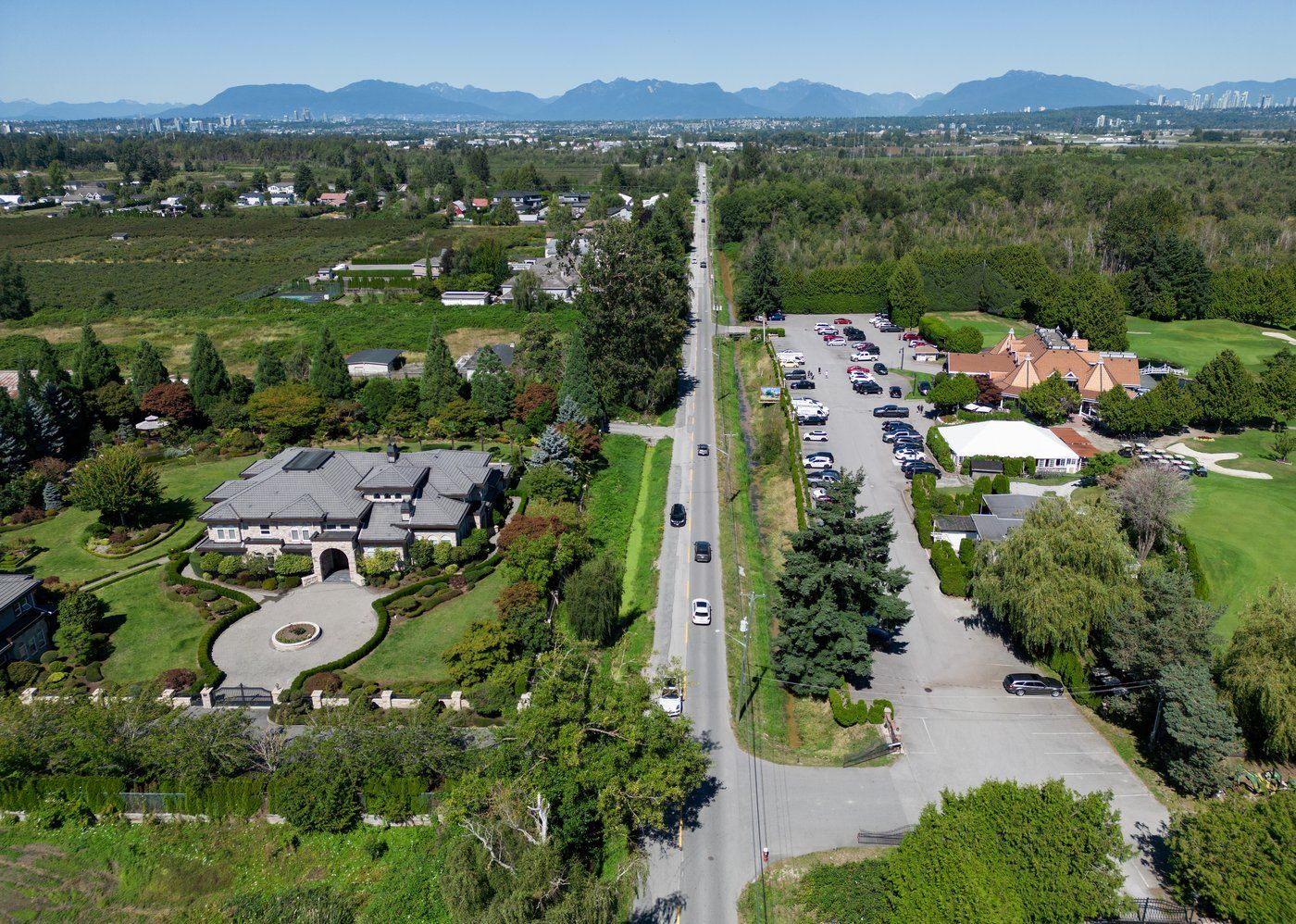
Concern is growing that Canada’s largest housing market may be about to experience a new round of froth, similar to that seen in 2016.
Back then, red-hot housing markets in the Greater Vancouver and Toronto Areas ultimately forced the federal government to introduce the 2016 and 2018 mortgage stress tests on both insured and uninsured mortgages.
While sales activity and prices took a hit in both markets, the recovery for the Greater Toronto Area seems to be nearly complete. The Toronto Real Estate Board (TREB) reported in January that the MLS Composite Benchmark price was up 8.7% compared to January 2018—the fastest pace of growth since October 2017.
“It’s looking more and more like early-2016 all over again for the Toronto housing market. This is not a good sign,” wrote RBC Economics senior economist Robert Hogue. “Those were the days when things started to heat up uncomfortably, propelling property values sky-high in the ensuing year.”
Hogue notes that the level of supply will be key to what happens over the coming months. “If it stays low, prices will likely keep ramping up beyond the next couple of months. Worse, if supply shrinks even further, prices could spiral upward like they did in 2016 and earl 2017,” he added, which could encourage the government to come out with a new round of policy measures.
“The last thing the market needs right now is any policy move that would tighten things up even more—be it by restricting supply, or more importantly, by stimulating demand.”
Jason Mercer, TREB’s Director of Market Analysis and Service Channels, agreed, saying tighter market conditions contributed to price growth throughout much of 2019.
“Expect further acceleration in 2020 if there is no relief on the supply front,” Mercer said.
75% of Housing Markets “Undervalued”
Elsewhere in the country, a majority of markets remain undervalued, according to a recent RE/MAX survey conducted by Leger.
While a majority of real estate agents (62%) in major cities say they are seeing buyers being priced out of their markets, a full 75% agree that their market remains undervalued.
Despite rising prices, the survey also found that only 38% of Canadians find the high cost of real estate an obstacle that’s preventing them from buying a home.
Other factors include an insufficient salary preventing them from saving for a down payment (26%) and a fear of rising interest rates (17%). Meanwhile, a majority of real estate brokers (56%) say shrinking inventory is a more common obstacle.
“Despite the many challenges that continue to plague Canadians when it comes to the prospect of homeownership, such as record debt loads, there is promising opportunity across the country to enter the market,” said Christopher Alexander, Executive Vice President and Regional Director, RE/MAX of Ontario-Atlantic Canada.
“That said, the national housing market still has challenges to overcome, especially in centres like Toronto where demand is far outstripping supply, pushing prices up considerably as a result,” he added. “We need to continue to push for an increase in housing supply for buyers and renters.”
The survey found Vancouver, Toronto and Mississauga to be the least affordable housing markets in the country, with average sale prices of $1,195,923, $883,520 and $760,005, respectively.
At the other end of the spectrum, Regina, Winnipeg and Edmonton were found to be the most affordable, with average sale prices of $301,473, $281,105 and $353,657, respectively.



